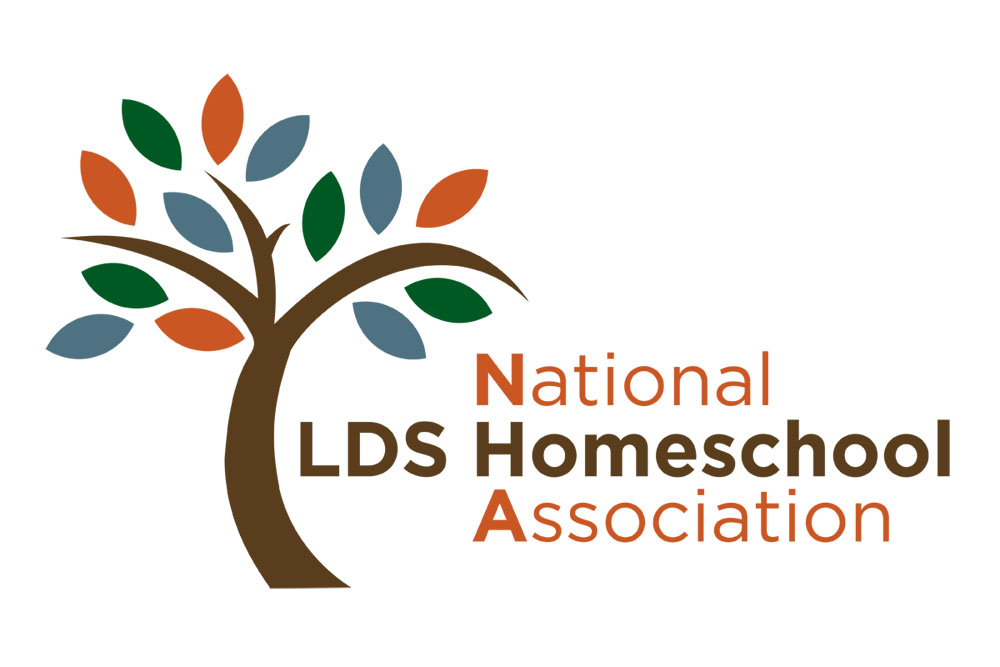by Kristen Jenson
Homeschooling can be overwhelming! Sometimes it feels like we are doing the job of ten people as we evaluate each child, choose curriculum (or devise our own!), track progress, find and fund projects, make school fun and interesting, and still keep the home running and the important relationships well-nurtured- -that's why pulling others in to help is usually a win- win situation: it gives us a needed break and exposes our children to new ideas and teaching styles. Here are a few ideas for recruiting some educational "elves" to help out.
First, look around your ward and community and make a list of people who have an expertise that might be helpful to you. Is there a general contractor who could explain an engineering (math) principle and illustrate it at a building site? Is there a retired brother or sister who would enjoy spending a few hours over a few days explaining the genetics of breeding prize roses or poodles? Do you know someone with an English degree or just a love of literature who could come and teach a unit on poetry? We found a treasure in a newly married sister who had the time to come and teach our kids poetry for three weeks and then, later on, teach a week on Charles Dickens and A Christmas Carol. She came with ideas I never would have thought of and got them to write lots of poems without even a whimper! Looking ahead, I already have someone in mind to teach a unit on family history. Start thinking, and you will be impressed with the number of people who could add their special knowledge to your homeschool.
Second, do you know of a returned missionary or a missionary couple who have recently come back from some place interesting? Invite them over for a family night and make sure your kids are prepared with a list of questions to ask. Hopefully they'll come with photos, souvenirs, and great stories to tell about the people they learned to love. They will feel flattered by your interest and your children's world will get that much bigger. This can also work for someone who has lived oversees as a part of a military or job assignment or a friend who has taken a trip to a foreign land-cash in on all that money they spent going to Europe and let your family be enriched as well!
Third, you can find many learning opportunities at your local library or online at BYU's website (www.byu.edu). For example, our local library system offers dozens and dozens of computer courses-from basic internet skills to Microsoft Excel. And BYU has a link to online courses-some free-that can free you up. Just recently I discovered CIT70-The Citizen's Guide to American Politics-a free online course offered by BYU. We will be making that a part of our American History curriculum this year for my high school student. They also offer free courses in Genealogy, Personal Development, Recreation, Missionary Preparation, The Book of Mormon and The Doctrine and Covenants. These and other resources, including programs at your local YMCA or museum can take some of the load off of you and greatly enrich your child's education.
Finally, do you know of another homeschooling mom who would swap art lessons for science experiments? If you don't want to get involved with a full-fledged co-op or don't have access to one, sometimes finding a willing partner in homeschooling can lighten the load. In the past I have traded home-ec sessions for drawing lessons and science projects for art. It's a great barter system that nurtures friendship and provides new and interesting avenues of thought for your children.
If you're feeling overwhelmed by the responsibility to "do it all", start looking around and recruit local talent for your homeschool.

